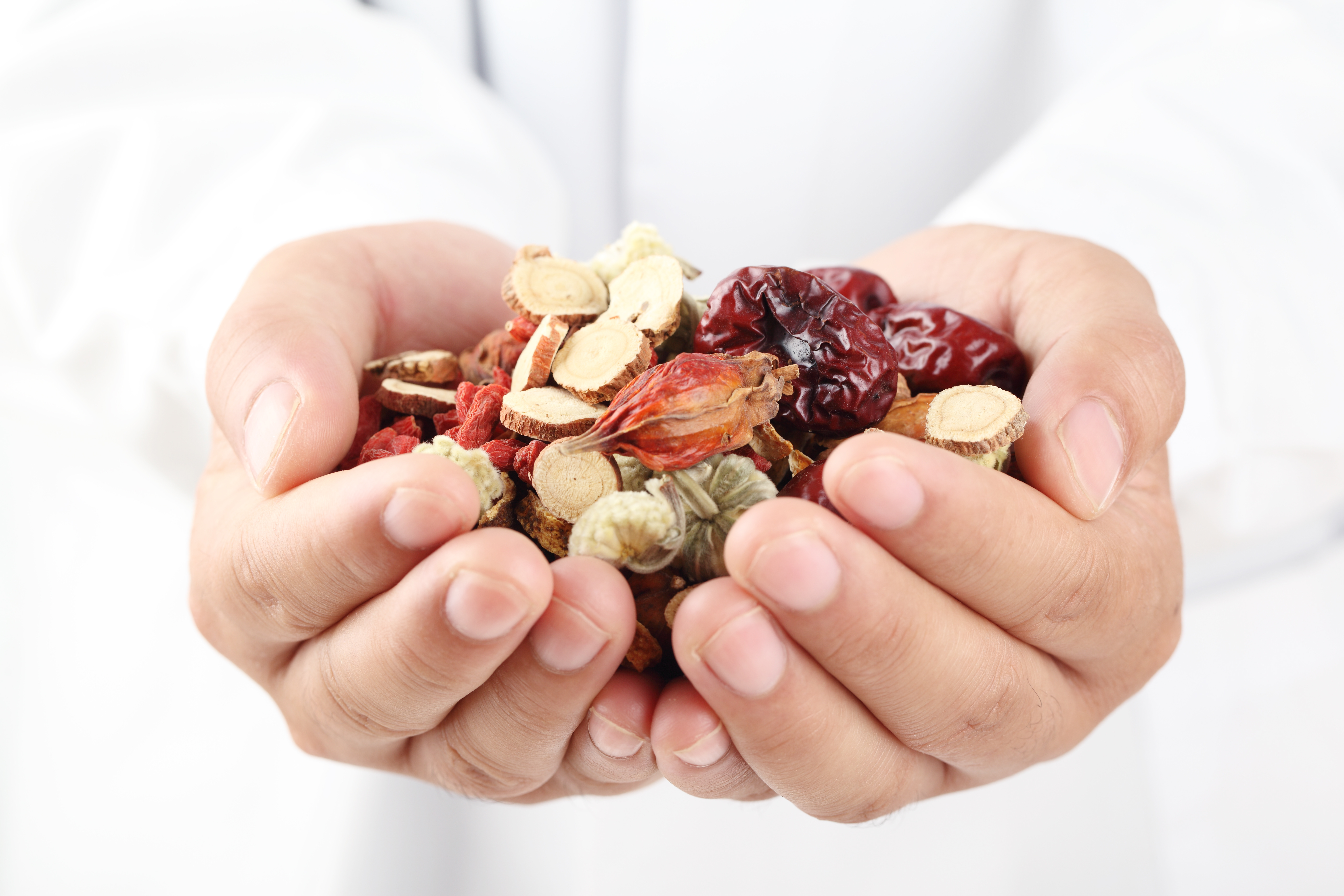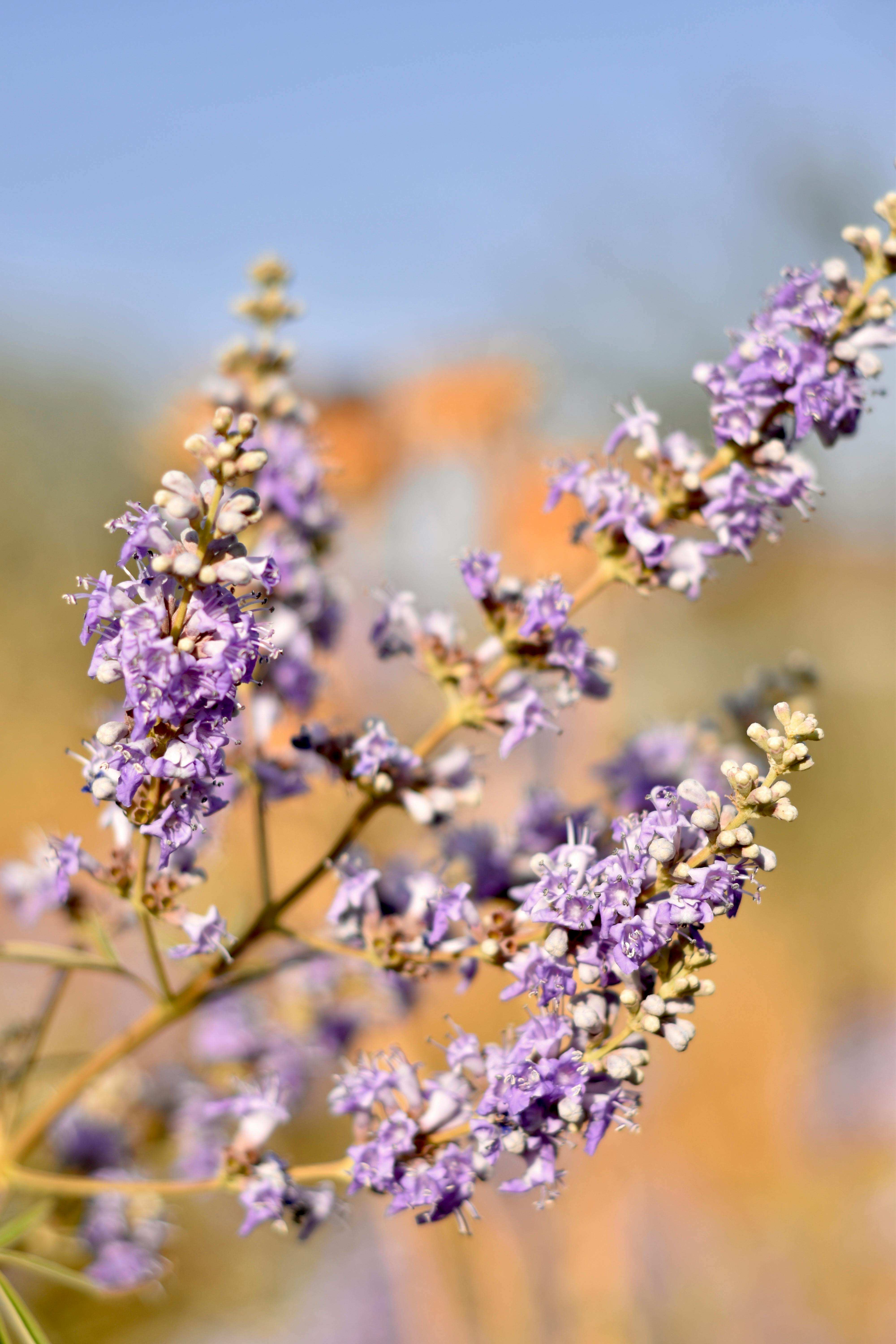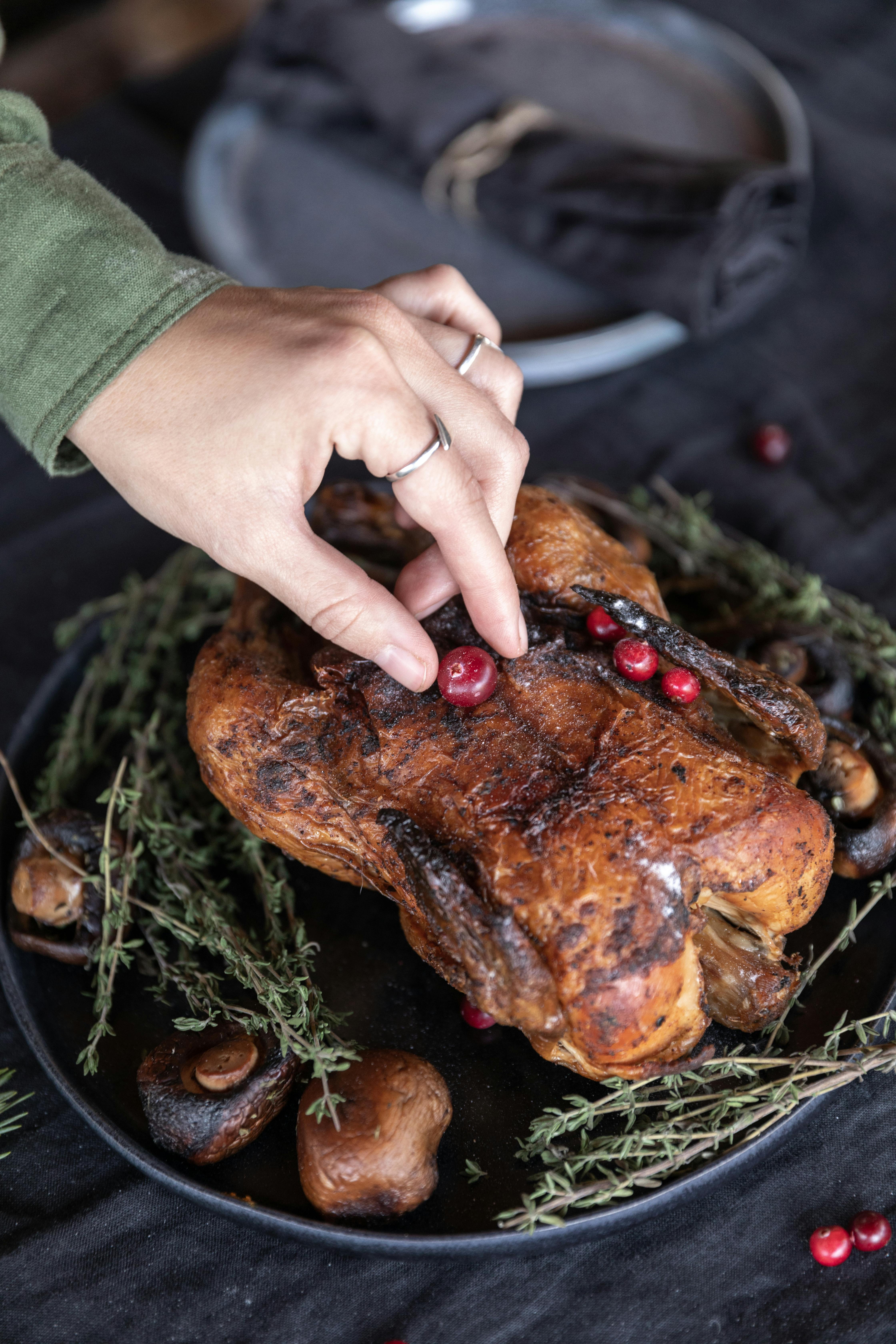What Is the Difference Between Menopause and Perimenopause?
Perimenopause is the transitional phase during which a woman’s body begins to gradually produce less estrogen, concluding with the cessation of ovulation, which marks the start of menopause. The experience of perimenopause (pre-menopause) typically starts in the 40s but may start as early as age 30. Common with symptoms include irregular menses, breast tenderness, hot flashes, night sweats, and vaginal dryness as well as weight gain. It is very common for women to experience increased emotional distress associated with hormonal fluctuations, as well as irregularities in sleep and digestion. Let’s not forget about changes in sexual desire and often complex emotions relating to the loss of fertility.
For many years, the focus on the cessation of menses as the start of the symptoms, as opposed to a continuum of hormonal changes in women’s bodies that may last for 1-2 decades, left many women feeling alone and sometimes…crazy? But as more and more women, healthcare practitioners, and scientists recognize that perimenopause is a wide-reaching experience, more information becomes available to help us find balance during this transitional life stage.
What Are Conventional Approaches to Perimenopause?
In conventional Western medicine, most physicians receive very little training about how to diagnose and treat perimenopausal symptoms. Due to controversy over the safety of hormone replacement therapy, many physicians have shied away from them, although recent evidence shows that low dose estrogen is likely safe and effective for many, but not all, women. Common medical treatments for perimenopause include:
- Oral contraceptives
- Hormonal IUDs
- Antidepressants
- Cognitive behavioral therapy
- Vaginal estrogen creams
While many of these treatments are highly effective and evidence-based, many women experience undesirable side-effects, face barriers to access due to cost, and/or wish for more natural options.
How is Perimenopause Seen in Traditional Chinese Medicine?
TCM sees many perimenopausal symptoms as a waning of the fluid aspects of the body: Blood, and yin (which corresponds loosely to the decline in estrogen production). TCM seeks to remedy these deficiencies by providing supplementation via herbs such Asparagus, Rehmannia, and Dong Quai. A classical formula for supplementing blood and yin deficiency is Liu Wei Di Huang Wan, also known as “Rehmannia Six.” Two herbs, Anemarrhena (zhi mu) and Phellodendron (huang bai), can be added to this formula to make Zhi Mu Di Huang Wan, or “Eight Flavor Rehmannia Formula”, which more strongly clears “heat” symptoms (think hot flashes and irritability).
The Blood of the Liver in particular is related to both menstruation and sleep, and supplementation with Zizyphus Combination Formula (as found in our Suan Zao Ren Tang Plus Tincture), formulated with passionflower and linden to help calm the mind and aide sleep, can be advantageous in addressing nighttime restlessness.
Mood fluctuations during perimenopause are often seen as relating to the constraint of Liver Qi. The bupleurum-based formula Xiao Yao San (Free and Easy Wanderer), and its heat-clearing modification Jia Wei Xiao Yao San, help to move the Liver Qi and free emotional restraint.
Read our blog post to learn more about TCM for women’s health.

How Can Herbalism Help in Perimenopause?
Many herbs that can be helpful during perimenopause are safe and have a long history of traditional use across cultures. That being said, if you have access to a qualified herbalist, acupuncturist, naturopathic doctor, or other practitioner with herbal training, a little guidance can go a long way, and may save you money when you come to buying supplements! Also, if you are having symptoms that might be related to medical illness, it’s best to see a healthcare practitioner before self-treating.
Here are some of the most common herbs used to support women experiencing symptoms of perimenopause:
Black Cohosh: extensively researched for supporting hot flashes, Black Cohosh also has a tradition of use among Native Americans for supporting joint health and reducing aches & pains.
Chaste Tree: Helps to support a regular menstrual cycle, and may also help with premenstrual breast-tenderness. You can find Chaste Tree in our New Moon Menstrual Support Tincture.
Shatavari: This Ayurvedic asparagus root provides yin-nourshing support for symptoms of dryness and heat
Motherwort: a bitter calmative used in both TCM and Western herbal traditions to calm the mind and also to reduce symptoms of palpitations. Many Western herbalists use Motherwort as an emotional ally for supporting grief related to one’s mother or personal experience of motherhood.
Linden: The sweet, moistening leaves & flowers calm the mind, soothe dry tissues, and benefit the cardiovascular system, especially blood pressure.
You can find the above herbs in our Season’s Change Menopause Support Tincture.
Here are a few other herbs that may be supportive for some individuals in perimenopause:
Kudzu: Used extensively in TCM, the root of this vine, famous for invading the Southeastern United States, is great for balancing blood sugar and reducing cravings for alcohol and/or sugar
Dong Quai: blood-nourishing to support in recovery from heavy periods, and moves the blood to soothe uncomfortable menstrual cramps. You can find Dong Quai in our Easy Moon Menstrual Comfort Support Tincture.
Lemon Balm: An aromatic mint-family relative, Lemon Balm soothes the digestion and calms the nervous system, and can help support quality sleep without causing excessive drowsiness. Find Lemon Balm in our Elation Mood Support Tincture.
Maca: This superfood radish-family root from the Andes of South America provides a sustainable energy boost and has a long history of supporting a healthy libido, especially in perimenopause.
Damiana: In addition to its reputation as an aphrodisiac, damiana is a delicious, aromatic herb that provides uplifting mood support during episodic irritability or emotional overwhelm. Find Damiana in our Penetrate the Heart Cardio-Genital Elixir.

Why Is Diet so Important during Perimenopause?
In addition to taking herbal supplements, what you eat during perimenopause can have a huge impact on well-being! Many women experience weight gain during perimenopause, which leads to joint pain, elevations in blood sugar and cholesterol, and emotional distress from poor self-image. Furthermore, many of the highly processed foods in the standard American diet promote inflammation, stress the digestion, and exacerbate mood symptoms.
Here are a few tips for creating a balanced diet during perimenopause (and beyond!):
- Focus on protein: Whether you eat meat or not, lean proteins with the If you can afford organic, these sources help you avoid glyphosate (a hormone disruptor and known carcinogen) on beans, and also the growth hormones and antibiotics prevalent in most conventional meat & dairy.
- Include healthy non-hydrogenated plant-based fats like raw nuts, avocados and olive oil; these are likely better for the gut and cardiovascular system than fatty sources like marbled meat and cheese. However, when it comes to butter, the real thing is always better than margarine!
- Eat your vegetables: Make sure you eat more veggies than fruits, and try to get at least 5-7 servings per day. Bright colored fruits and veggies contain antioxidants which reduce cardiovascular and cancer risk. The more organic and more local, the better, for your health and for the planet!
- Include small portions of complex carbohydrates: Whole grains like brown rice, millet & quinoa, and starchy vegetables like sweet potatoes and winter squash are great sources of fiber, magnesium, and other micronutrients.
- Eat for your bones: Perimenopause is often our last chance to squeeze in some more bone-building before estrogen drops and the risk of bone loss begins, so natural mineral sources such as nettles and other dark leafy greens, bone broth, sardines, tahini, and organic low-fat dairy (or calcium-supplemented non-dairy alternatives) are critical to include in the diet.
- Eat a little less than you want, but don’t let yourself get too hungry or fall prey to overly restrictive diets.
- Eat mindfully: Avoid eating in front of screens, in the car, or too soon before bed. Aim to wait at least 2 hours from your last meal before sleep; the longer the better.
- Drink for your sleep: Drink plenty of water during the day and stop after dinner, to avoid nighttime pee disruptions. Avoid afternoon caffeine (including chocolate), which can disrupt sleep later on. And minimize alcohol, which also disrupts the quality and disruption of sleep, as well as other health risks from liver disease to cancer.

For great recipe ideas, check out some of our herbal cooking blogs:
- Congee Rice Recipes & Variations for Digestion
- 6 Stinging Nettle Recipes for a Superfood-Filled Spring
- Epic Bone Broth Benefits & Recipes with Medicinal Herbs
- How to Make Vegan Broth (with 6 Recipes)
Reading:
The Menopause Years FAQ American College of Gynecology and Obstetrics
Women Have been Misled about Menopause by Susan Dominus
Hormone Intelligence by Dr. Aviva Romm, MD
Women’s Herbs, Women’s Health by Dr. Christopher Hobbs, PhD, LAc & Kathi Keville
Herbal Formularies for Health Professionals, Volume 3: Endocrinology By Dr. Jill Stansbury, ND

